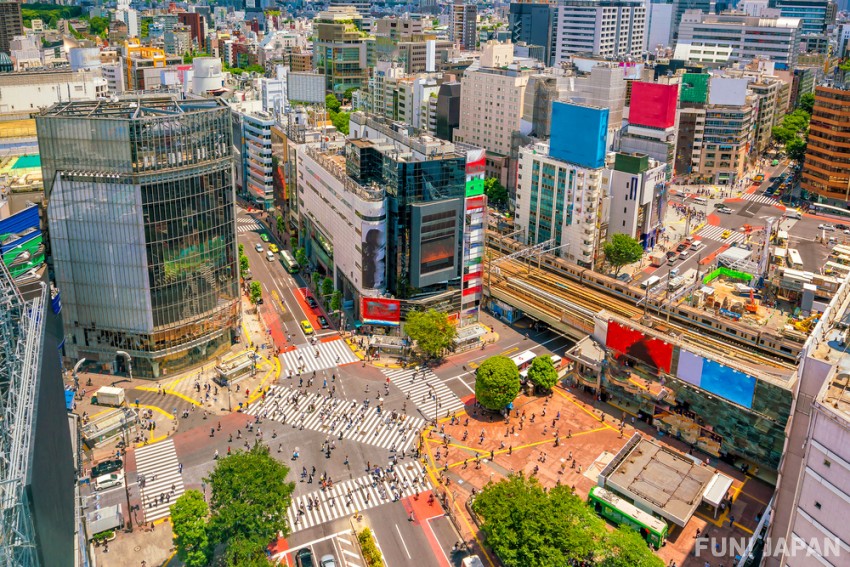
Currently, a redevelopment project called "once in 100 years" is carrying out construction work for new buildings and rebuilding in Shibuya, Tokyo. The situation inside and around Shibuya Station has changed dramatically since before the COVID pandemic as well as accessibility. In this article, we have compiled the latest information on the railway lines that run through Shibuya Station, and a complete guide to its ticket gates and exits.
Also read on for the details of the one-day tickets that are convenient for traveling around Tokyo. Why not use them and enjoy sightseeing in Shibuya and Tokyo?
List of train lines that run through Shibuya Station
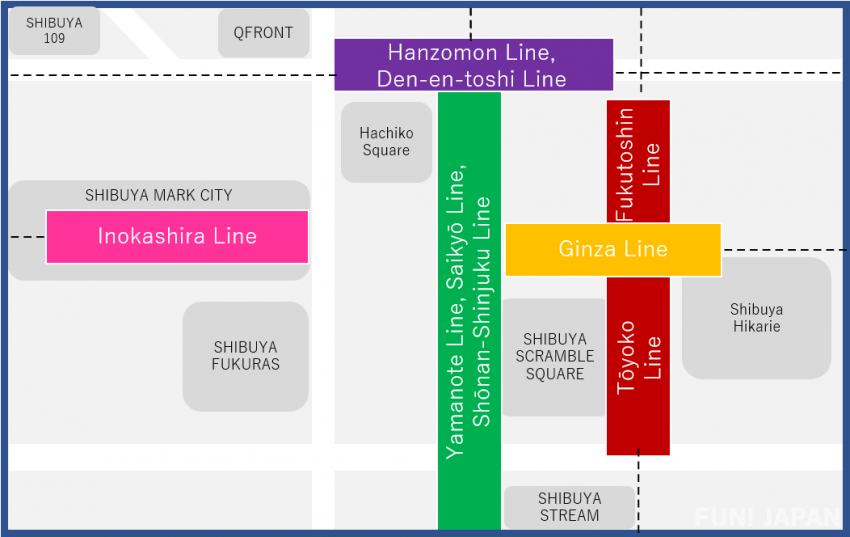
Shibuya Station is served by "JR East", "Tokyo Metro", "Tokyu Railways", and "Keio Railway" lines. The list for information on each route is as below:
| Railway Company | Train Line | Section (Train Route) | Key Destinations |
| JR East | ① Yamanote Line | Osaki Station - Osaki Station (Loop Line) | Harajuku, Shinjuku, Ikebukuro, Ueno, Akihabara, Tokyo, Shinagawa, etc. |
| ② Saikyo Line | Osaki Station - Omiya Station | Shinjuku, Ikebukuro, Akabane, Omiya, etc. | |
| ③ Shonan-Shinjuku Line※ | Odawara Station - Takasaki Station / Zushi Station - Utsunomiya Station | Odawara, Fujisawa (Enoshima), Yokohama, Shinjuku, Ikebukuro, Akabane, Omiya, etc. Kamakura, Yokohama, Shinjuku, Ikebukuro, Akabane, Omiya, Utsunomiya, etc. | |
| Tokyo Metro | ① Ginza Line | Shibuya Station - Asakusa Station | Omotesando, Aoyama-itchome, Ginza, Ueno, Asakusa, etc. |
| ② Fukutoshin Line | Shibuya Station - Kotake-mukaihara Station | Meiji-jingumae | |
| ③ Hanzomon Line | Shibuya Station - Oshiage Station | Omotesando, Aoyama-itchome, Oshiage, etc. | |
| Tokyu Railways | ① Toyoko Line | Shibuya Station - Yokohama Station | Daikan-yama, Naka-meguro, Jiyugaoka, Yokohama, etc. |
| ② Den-en-toshi Line | Shibuya Station - Chuo-rinkan Station | Sangen-jaya, Futako-tamagawa, etc. | |
| Keio Railway | ① Inokashira Line | Shibuya Station - Kichijoji Station | Shimokitazawa, Kichijoji, etc. |
※Please note that the Shonan-Shinjuku Line stop at different stations and terminal stations vary depending on the type of train, such as local, rapid, and special rapid.
A total of 4 railway companies and 9 train lines are running at Shibuya Station. Most mainly run within the 23 wards of Tokyo, but you can also get to popular sightseeing spots such as Yokohama and Kamakura in neighboring Kanagawa Prefecture, Omiya in Saitama Prefecture where the Shinkansen also stops, and even Odawara, which is famous for its hot springs and castles.
However, even if the name is the same "Shibuya Station", beware that there are many cases where the ticket gates and platforms differ depending on the route. You may have to leave one ticket gate and enter another to change the train line.
Another thing to watch out for is direct operation on the multiple train lines. Direct operation means that trains are operated across the lines of multiple railway companies. Therefore, you can reach your destination without having to transfer to another line. For example, the lines with direct operation at Shibuya Station are the Tokyo Metro Fukutoshin Line and the Tokyu Toyoko Line, the Tokyo Metro Hanzomon Line and the Tokyu Den-en-toshi Line.
Moreover, even trains departing from the same station platform may have different types, such as "local trains" that stop at every station, or "rapid trains" and "express trains" (also called 'special rapid trains', depending on the company) that reach the terminal quicker without stopping at some stations. Just because you get on a train heading towards your destination doesn't mean you'll be able to get to your destination station. Be sure check the "train type" before boarding - especially when riding the JR Saikyo Line, JR Shonan-Shinjuku Line, Tokyo Metro Fukutoshin Line, Tokyu Toyoko Line, Tokyu Den-en-toshi Line, and Keio Inokashira Line!
Which exit should I go to when I arrive at Shibuya station? A complete guide to ticket gates and exits for each line
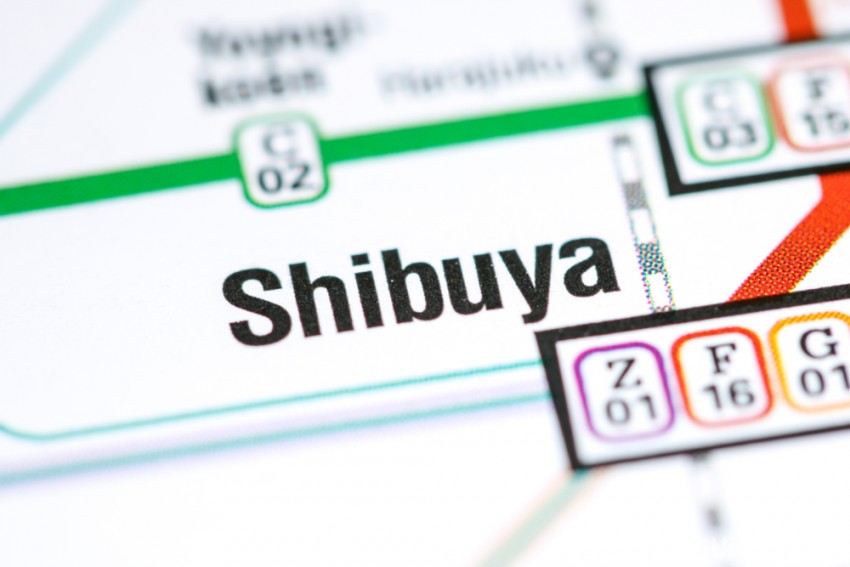
Shibuya Station is complicated and easy to get lost because each line overlaps and there are many ticket gates and exits. From here, we will summarize the ticket gates and exits of each line and the sightseeing spots connected to them. Sightseeing in Shibuya becomes a lot easier once you know the information about the ticket gates and exits!
JR Shibuya Station
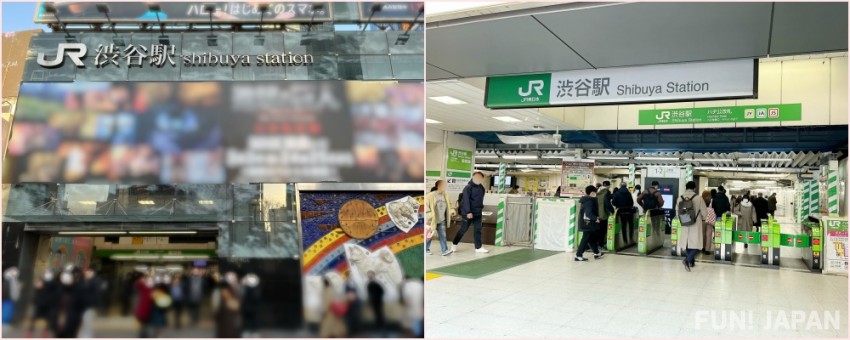
| Ticket Gate & Exit | Surrounding Tourist Spots |
| Hachiko Gate (Hachiko Exit, Miyamasuzaka Exit) | (Hachiko Exit) Hachiko Square, Scramble Crossing, Shibuya Center-Gai Street, SHIBUYA109 (Miyamasuzaka Exit) MIYASHITA PARK |
| Central Gate | Shibuya Scramble Square, Shibuya Mark City |
| South Gate (East Exit, West Exit) | (East Exit) Shibuya Scramble Square, (West Exit) Shibuya Fukuras |
| New South Gate (New South Exit) | Shibuya Stream |
It is no exaggeration to say that JR Shibuya Station is the symbol of Shibuya Station. Among the 4 ticket gates and 5 exits, Hachiko Gate leading to popular sightseeing spots is the most often-used ticket gate. If you get lost easily, then head for the Hachiko Gate first.
Tokyu Railways and Tokyo Metro Shibuya Station
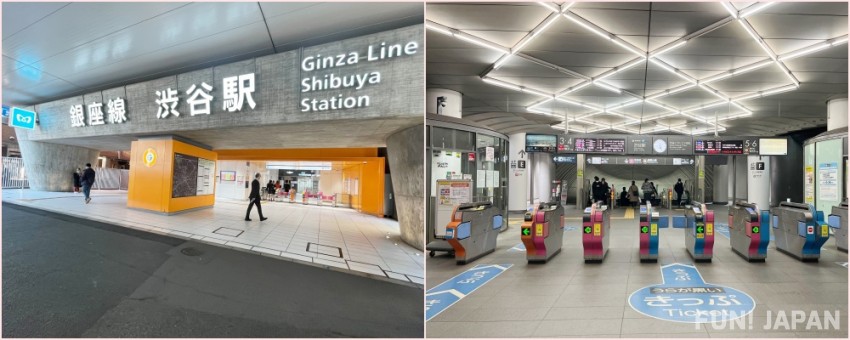
| Ticket Gate & Exit | Surrounding Tourist Spots |
| Exit A0-A8, A12 (A area) | Scramble Crossing, Shibuya Center-Gai Street, SHIBUYA109, Shibuya Mark City |
| Exit B1-B7 (B area) | Shibuya Scramble Square, Shibuya Hikarie, MIYASHITA PARK |
| Exit C1-C3 (C area) | Shibuya Stream |
| D area | Currently under construction (as of February 2023) |
Tokyu Railways and Tokyo Metro have overlapping direct train lines, and they share the same platform and ticket gates.
Tokyu Corporation and Tokyo Metro's underground exit numbers at Shibuya Station have changed from the original number-only notation to a combination of four areas and numbers, A, B, C, and D, in line with the large-scale redevelopment project in Shibuya. For example, the entrance of Hachiko Square is changed from "8" to "A8", while the entrance of "Shibuya Hikarie" is changed from "15" to "B5".
Therefore, after getting off the train, it is very easy to get to your destination if you look at the information signs inside the station and look for the alphanumeric exit depending on your destination.
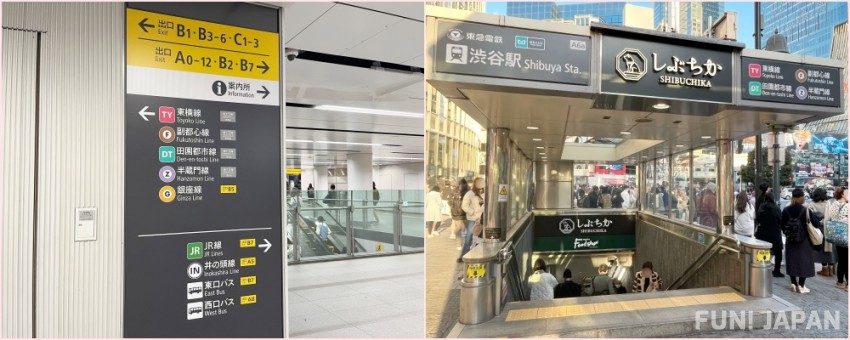
When returning, you can go to the ticket gate of each line by following the sign guidance if you enter from "Shibuchika" on the ground around the Shibuya scramble crossing.
Keio Shibuya Station
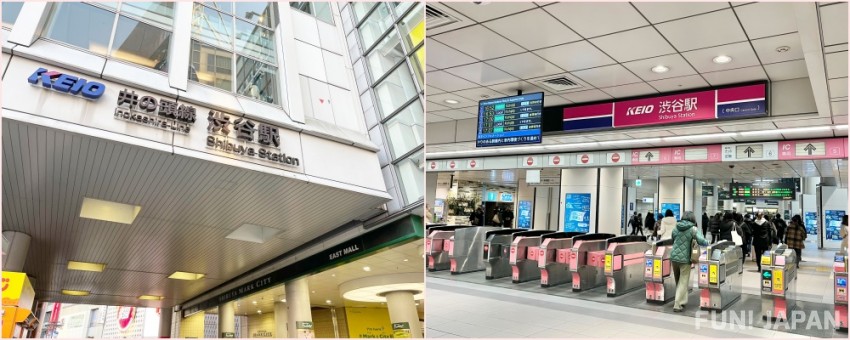
| Ticket Gate & Exit | Surrounding Tourist Spots |
| Central Gate | Shibuya Mark City EAST MALL (2F), Scramble Crossing |
| West Gate | Shibuya Mark City WEST MALL (1F) |
| Avenue Gate | Shibuya Mark City WEST MALL (4F) |
Shibuya Station on the Keio Inokashira Line is directly connected to "Shibuya Mark City", a commercial complex with shopping mall, hotel, and bus terminal. There are three exits inside and outside the Shibuya Mark City building. If you get off the escalator on the left after exiting the Central Gate, you will see the Scramble Crossing right in front of you. If you are afraid of getting lost in the crowd, we recommend using the Central Gate.
Go around famous places in Tokyo via Shibuya with these 3 Great Value Tickets for One Day Unlimited Ride!
Shibuya Station is a major station where many of JR lines and Tokyo Metro lines run through. By riding these lines, you can travel to various places in Tokyo and go sightseeing easily. Now let's take a look at an unlimited-ride ticket that's convenient for traveling around Tokyo in one day! You can buy it online or inside Shibuya Station. When you stop by Shibuya, be sure to get one!
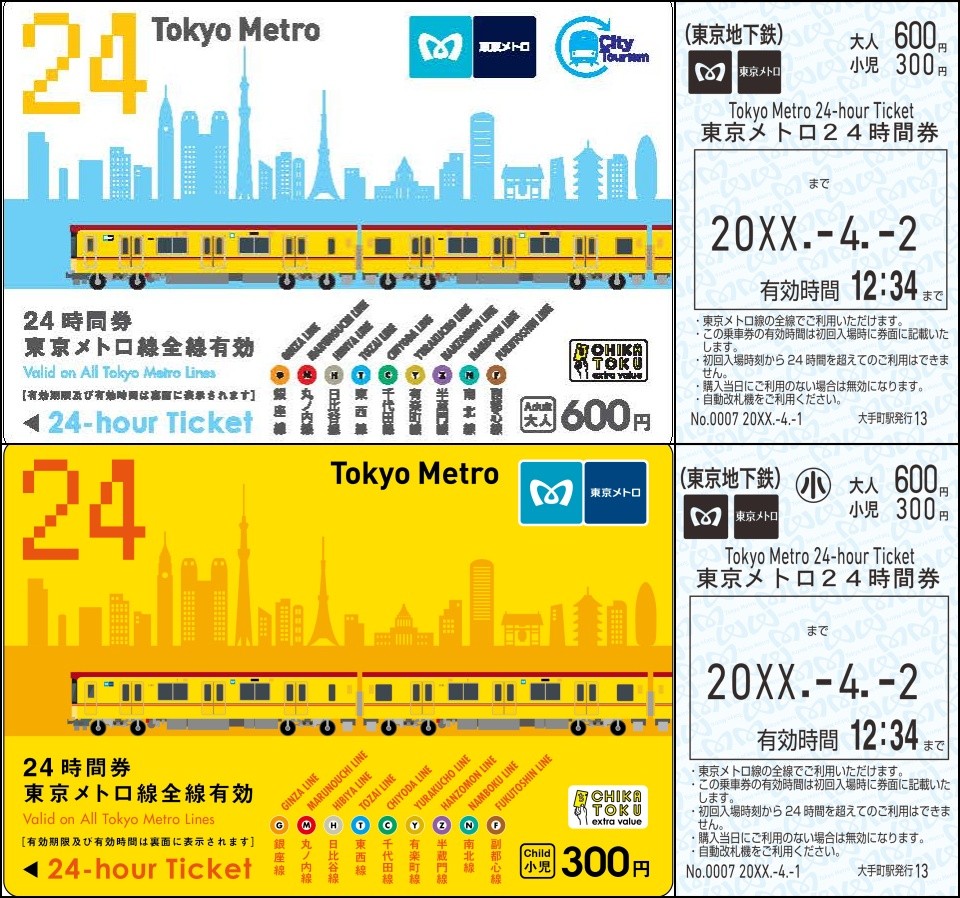
Tokyo Metro 24-hour ticket (sample)
(left: advance sale ticket, right: same day ticket)
Photo: Courtesy of Tokyo Metro
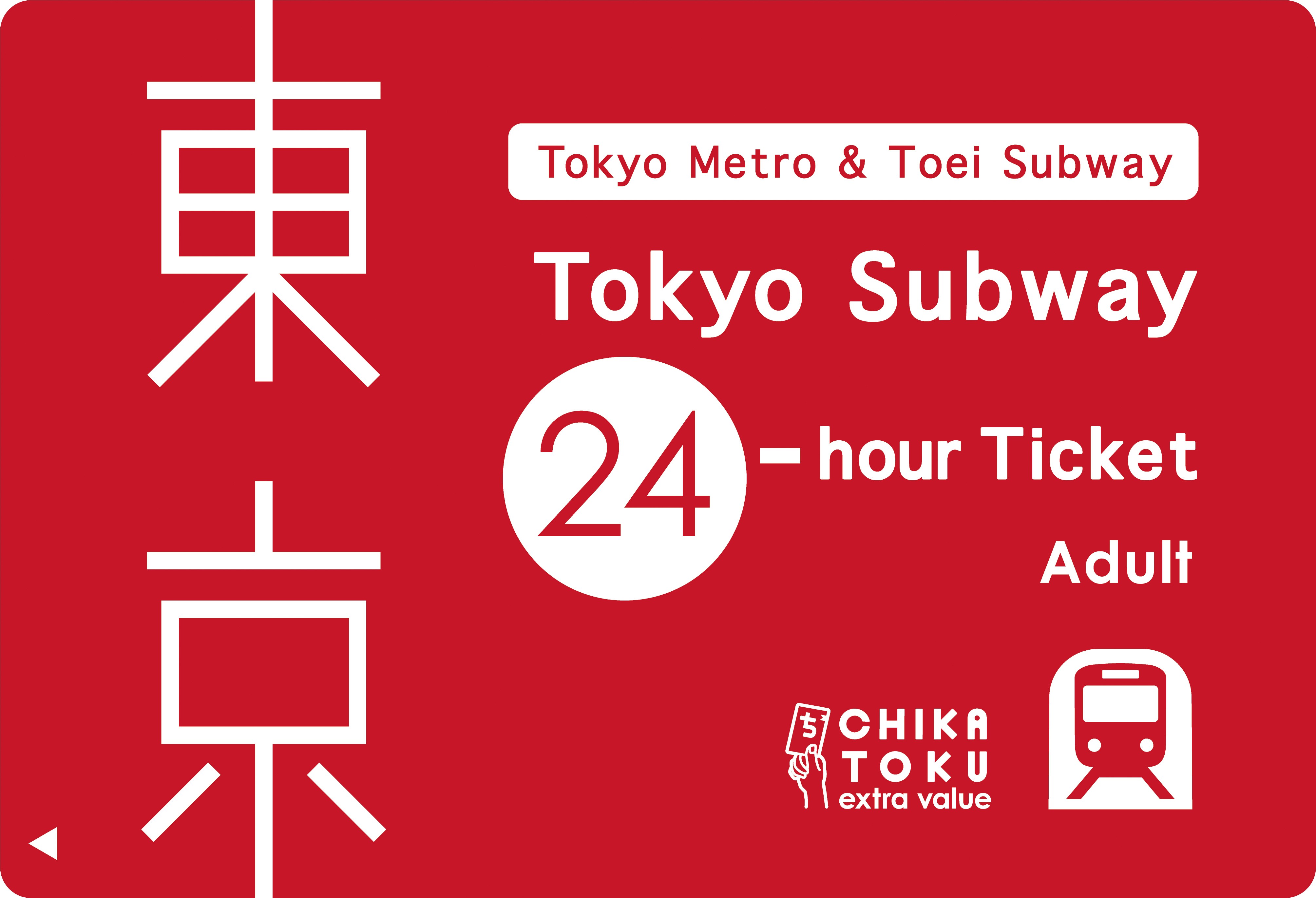
Tokyo Subway Ticket (sample)
Photo: Courtesy of Tokyo Metro
| Name | Valid Section for Unlimited Ride | Expiration | Price |
| Tokyo Metro 24-hour Ticket | ・All Tokyo Metro lines | Valid for 24 hours from first use | Adult: 600 yen Child: 300 yen |
| Tokyo Subway Ticket (3 types: 24-hour, 48-hour, 72-hour) | ・All Tokyo Metro lines ・All Toei Subway lines | Valid for 24/48/72 hours from first use | Adult: 800 yen, 1,200 yen, 1,500 yen Child: 400 yen, 600 yen, 750 yen |
| Tokyo Combination Ticket | ・All Tokyo Metro lines ・All Toei Subway lines ・JR lines section within 23 wards of Tokyo, etc. | Valid for one day only (from the first train to the last train) | Adult: 1,600 yen Child: 800 yen |
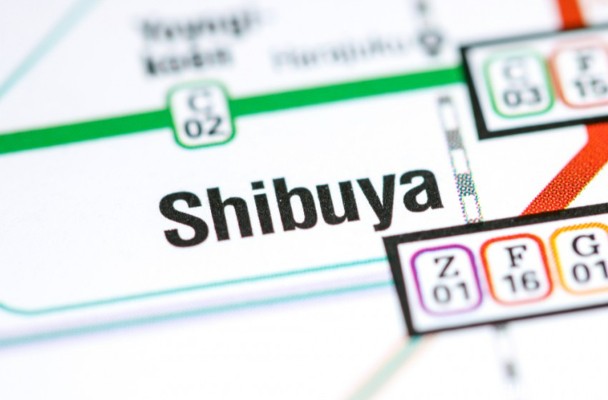
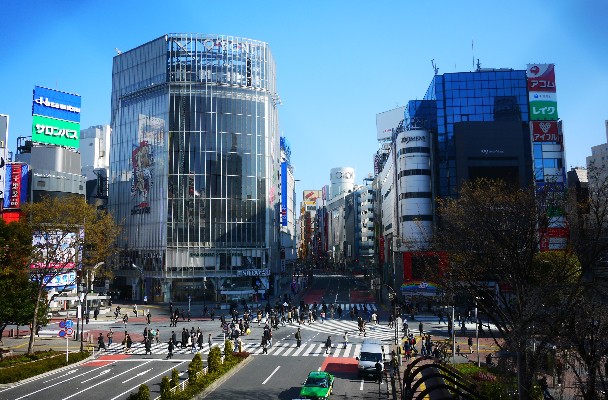
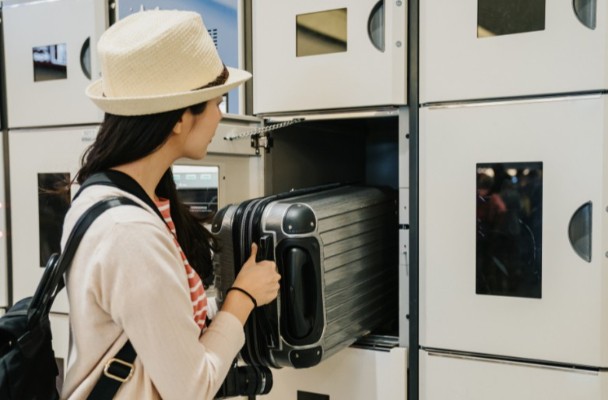
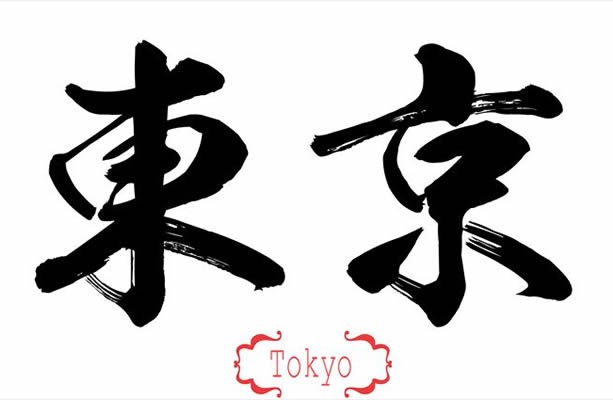
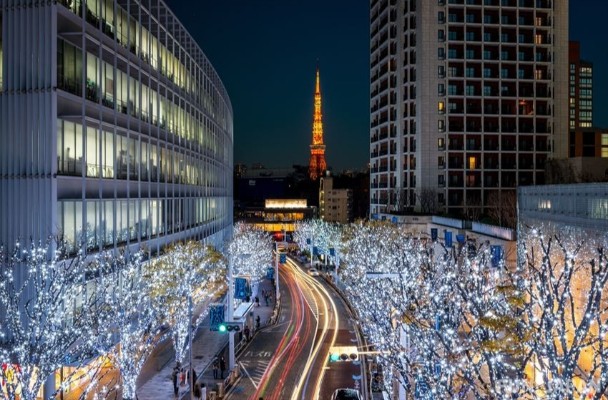
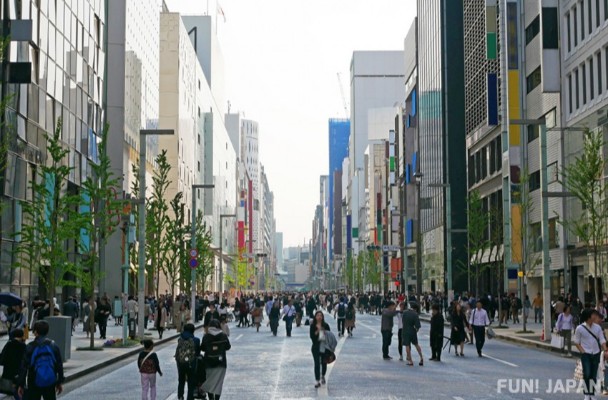
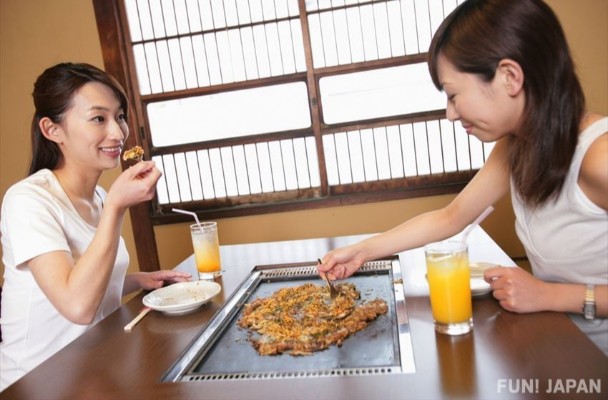
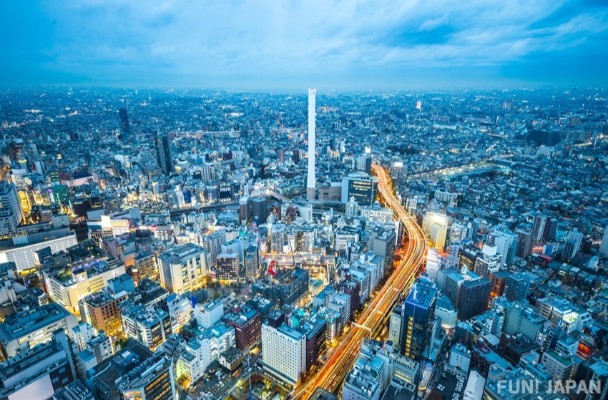
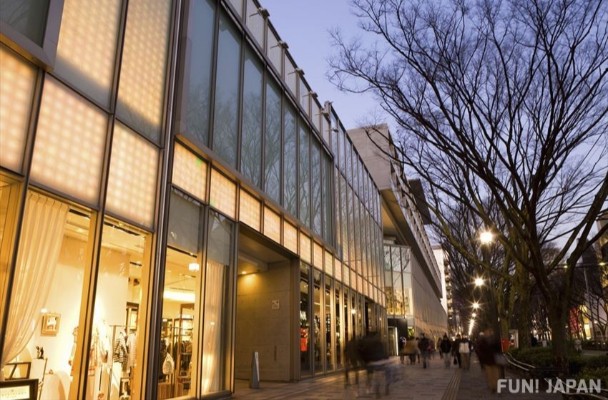
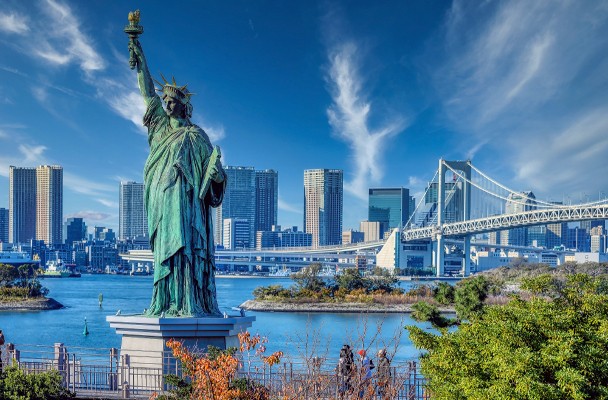
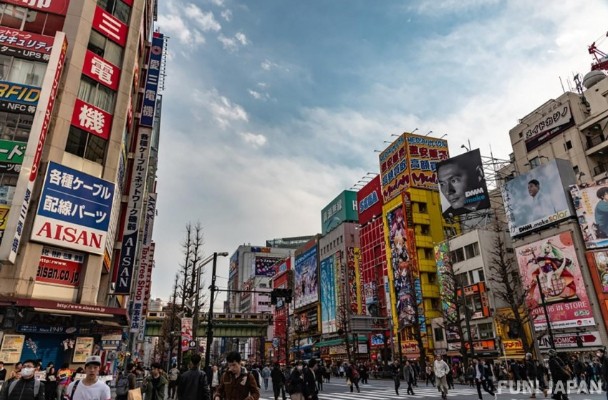
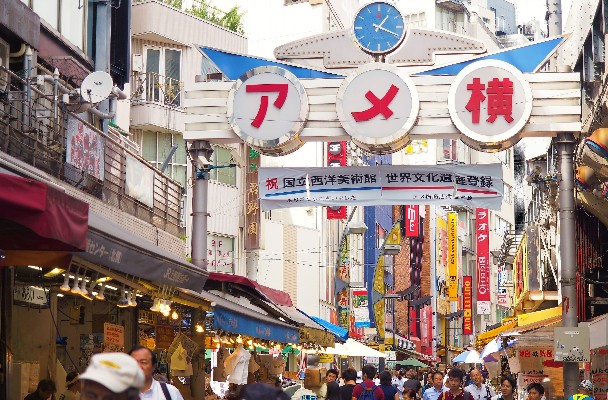
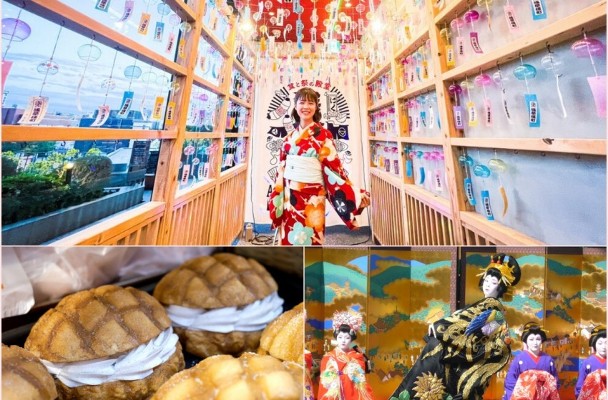
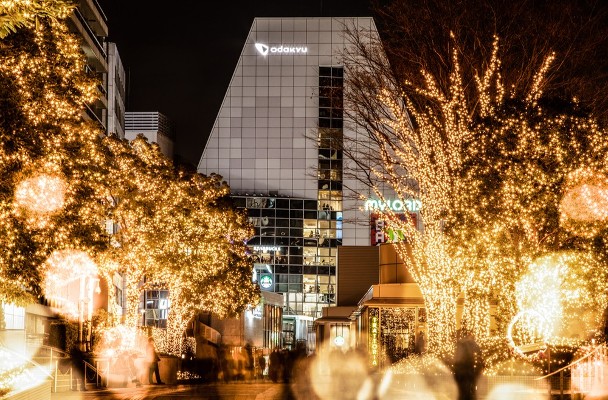
Comments